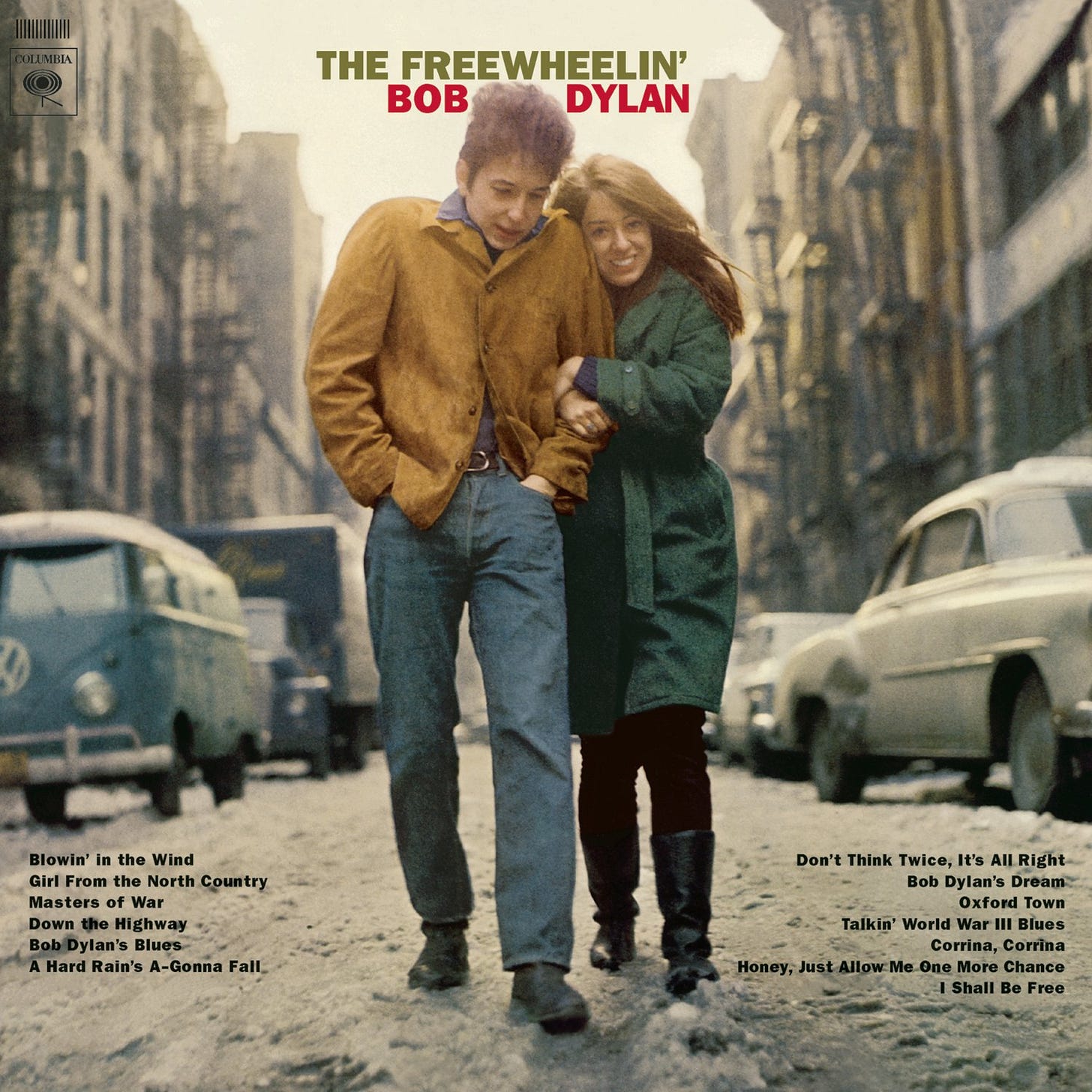What Record Changed Your Life?
I'll tell you mine, you can tell me yours...
I grew up in the 60’s, a singular time, populated by great new music appearing every day, familiar, strange, unheardbefore music coming out of transistor radios on AM stations. Will they play they whole long version of the song “Light My Fire” by that new band called The Doors? It was a time when magic was expected, when marvels hid behind corners waiting to jump out and astound you, like circus performers juggling in bright capes and tights, blowing fire and making things appear out of thin air.
We had The Beatles, The Rolling Stones, The Four Tops, The Supremes, the Young Rascals, The Lovin’ Spoonful, The Byrds, Buffalo Springfield and slew of others, plus the marvelous one hit wonders - “Have I the Right?” by The Honeycombs, “Concrete and Clay,” by Unit 4+2, “5 O’clock World” by The Vogues, “I Can’t Find the Time to Tell You,” by Orpheus, they just kept coming, perfect three minute moments, one after the other. I was giddy in it, happily lost, I thought the music would always be like this.
But one album had more effect upon me than any other, even the first one by The Beatles, with their faces serious, in half light. It was The Freewheelin’ Bob Dylan, and it was because of the voice and the words. They pierced into me, tossed ideas out in unimaginable bounty, like so many scattered diamonds, made me see beyond what I thought was there, made me feel beyond what in my limited life I knew, so far.
What was it about it? “A Hard Rain’s A-Gonna Fall” was dense with imagery, full of incomprehensible things, a ladder dripping water, ten thousand drummers, talkers with broken tongues. Some people said that it was about a nuclear rain, but I thought that was ridiculous, even though I was barely a teen. It was lazy thinking. It was about sowing and reaping, I knew that, as we do so shall we be rained upon.
There was a World War Three song already in there anyway, a hilarious talkin’ blues, addressing the issue in the only way possible to save sanity, with absurdist humor.
There was a mysterious girl from the north and the singer’s still aching heart. That taught me something it would take years to learn, how the heart never forgets, and lovepain never leaves, it only hides in the corners of darkened rooms, waiting to step out and haunt you in sleepless dreams.
There was the Oxford Town understated tale of segregation, there was a song about kicking dirt on the graves of the war masters, a couple of funny, offhand songs, the old traditional Corrina, one about a dream, and there was the great big one, about how a young man out of nowhere can tell us all that the answers to these intractable problems are answered only by us and by us listening. To the wind.
And I was forever changed. I became a Dylan disciple, and for many years was heavily under the sway of the songs and the ideas and the notion of the power of one free-thinking person standing in the midst of everyone, and I held hard to that and tried to be that in my own small ways.
Finally though, I saw he’s just a songwriter, and the world is populated by a myriad array of truths, and I fell away from discipleship, still forever loving the songs.
So, what record was it, not necessarily by Dylan, that changed you? And how? And when? And what were the times? And how were they changing?



Rubber Soul was the first album I ever owned. It was a gift for my 16th birthday. I felt the magic in every song. That was the same birthday I got my first guitar, and I've had one by my side ever since.